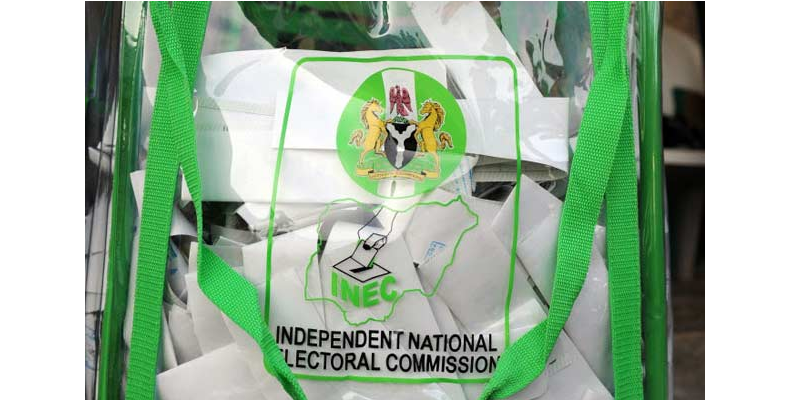Bayelsa/Kogi 2019 Election
Bayelsa Poll: Adhoc Staff To Receive Appointment Letter From INEC

The Independent National Electoral Commission, INEC, has promised to issue letter of appointment to its ad hoc staff in the forth coming Bayelsa governorship election.
INEC National Commissioner, Prof. Okechukwu Ibeanu, made the promise during an interactive session between members of staff, INEC Bayelsa and the commission’s Chairman, Prof. Mahmood Yakubu in Yenegoa.
The measure he said would prevent the staff from being short changed by electoral officers of the commission.
He said, “What we have decided to do is that each ad hoc staff will get a letter of appointment, stating the details of the functions, entitlements and a procedure for complain. In that way everybody will know what he or she is entitled to.
“What that means is that Electoral Officers (Eos) and others who have to pay ad hoc staff must be transparent, because they know what they are entitled to.
“What will be embarrassing is for us to complete the election and hear in the news that ad hoc staff are demonstrating about their pay.”
He advised its Electoral Officers in Bayelsa to be transparent in the payment of entitlements to ad hoc staff to be used for the Nov. 16 governorship election.
He said that the commission had put in place modality to prevent situations where engaged ad hoc staff would complain or protest about payment for their services after elections.
“We have received several complaints, not necessarily Bayelsa but in several places about ad hoc staff being short changed.
“We know exactly what each ad hoc staff at every level is entitled to.
Ibeanu added that the commission was working to avoid discrepancy between the number of registered voters before election and after collation of results.
“We have tried to find out what the problem is and it seems that it comes from various sources.
“To solve the problem, the commission has decided that voter registry would be prepared for every collation centre the number of registered voters. It is going to come in the form of a table.
“For example, every Registration Area (RA) in a collation centre will get a table indicating registered voters per polling units under that RA and that table will be given to collation officers.
“It is from that table that he or she will extract the number of registered voters for each polling unit. The same thing will happen at the local government level and so on.
“This is critical because if there is an error in compiling register voter from EC8As at the RA collation, the error is aggregated upwards until you get to the state level. We want to avoid that.”
Send Us A Press Statement Advertise With Us Contact Us
And For More Nigerian News Visit GWG.NG


